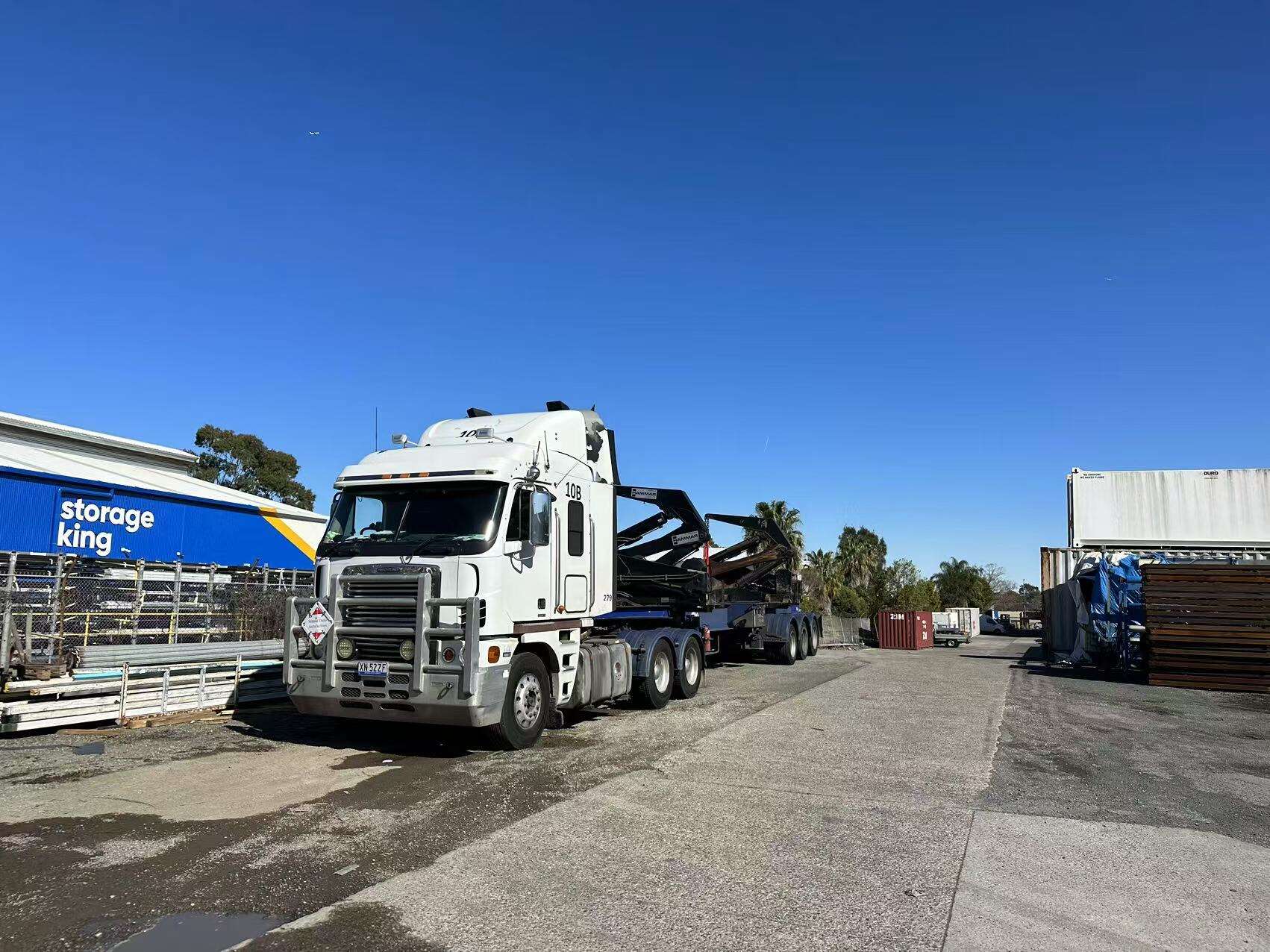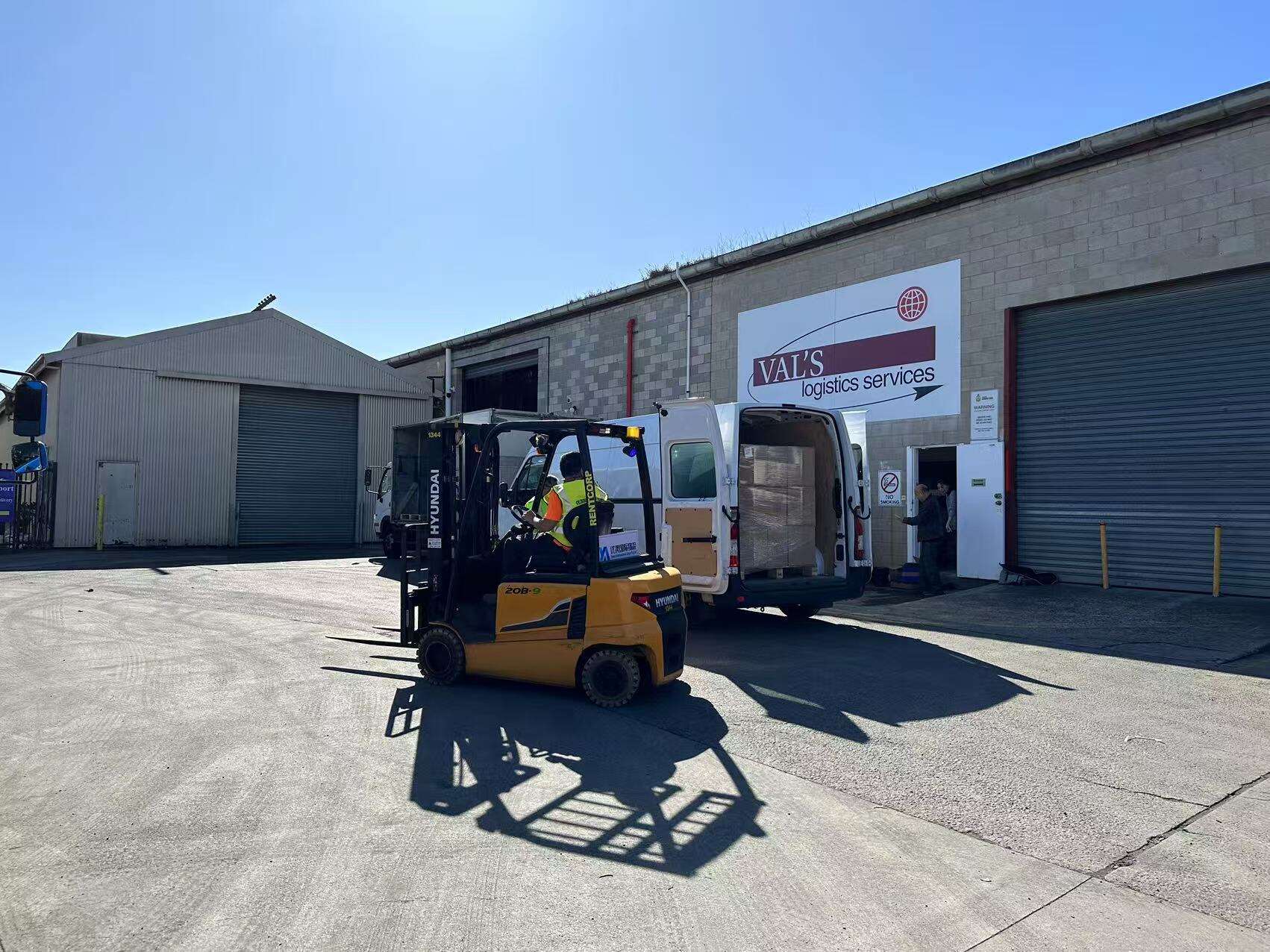Understanding Cargo Insurance Essentials for Global Trade
How Cargo Insurance Minimizes Supply Chain Disruptions
Cargo insurance plays a key role in keeping supply chains running smoothly since it covers losses from theft, damage, or shipping delays. When businesses have this protection, they stay on track operationally and keep customers happy. Looking at industry data, companies that invest in cargo insurance tend to save money on logistics costs because they avoid those surprise expenses that can jump up to around 30% when there's no coverage. Beyond just financial benefits, having proper insurance actually helps build stronger relationships with suppliers. Suppliers see that their partners are prepared for the unexpected, which makes them more confident working together long term. This kind of stability matters a lot in today's unpredictable market conditions.
The Link Between International Freight Shipping and Risk Mitigation
Shipping goods across borders faces all sorts of problems from geography issues to political messes and different cultures getting in the way. Research shows something like 60 percent of freight worldwide runs into some kind of problem along the way. That's where cargo insurance comes in handy. It helps businesses manage risks based on where they're shipping and how they transport things. When companies really understand what could go wrong during transit, they start using insurance before problems happen instead of waiting until after. This makes them look more trustworthy to overseas clients and keeps operations running smoothly through the complex web of international trade networks. Smart businesses know that being prepared isn't just about avoiding losses it builds relationships too.
Key Risks Addressed by Freight Insurance Policies
Physical Loss/Damage in Ocean and Air Transport
Freight insurance offers important protection when it comes to money lost because stuff gets damaged or goes missing while being shipped around. The numbers show something interesting too about this topic - roughly one out of every ten packages actually runs into problems along the way. That means companies without proper coverage could find themselves facing some serious cash flow issues if anything goes wrong during transit. Natural disasters happen, accidents occur, sometimes things just get handled improperly somewhere between point A and B. For those sending expensive goods though, even small amounts of damage might lead to big financial headaches down the road. These kinds of unexpected costs can really mess up regular business operations and hit profits hard as well.
Legal Complexities in Cross-Border Shipments
Shipping goods across borders throws up all sorts of legal headaches because countries have their own rules, standards, and court systems. For businesses dealing with international trade, these differences create real problems when it comes to who's responsible if something goes wrong. Studies show that getting caught in legal battles can hold up shipments for as much as 40% longer than planned, which really messes with supply chains and eats into profits. That's why smart companies invest in good freight insurance coverage. These policies don't just protect against money losses from fines or penalties when there are shipping snafus or accidental rule breaks they also help keep operations running without constant interruptions from unexpected legal issues.
Financial Exposure from Carrier Liability Gaps
When it comes to carrier liability, businesses are often sitting ducks financially because most carriers simply don't cover all the possible risks when cargo gets lost or damaged during transport. The standard coverage typically stops well short of what damaged goods actually cost, so companies end up footing the bill for whatever isn't covered. That's why many businesses need extra cargo insurance beyond what carriers offer. Looking at different carrier options carefully matters a lot here. Companies should shop around for policies that actually fill those gaps in coverage. After all, nobody wants to lose money on damaged shipments or face operational delays just because they didn't plan properly for these situations.
Comparative Analysis of Cargo Insurance Types
All-Risk vs. Named Perils: Coverage Breakdown
Cargo insurance comes in two main flavors: all-risk and named perils coverage. The key difference lies in what each actually covers. All-risk insurance gives wider protection from pretty much anything that goes wrong during transport, while named perils policies only kick in when specific problems happen that are listed in the contract. For business owners looking at shipping options, knowing this distinction matters a lot. Industry data shows all-risk policies typically run about 15% higher in price tag compared to their counterparts, though they tend to cut down on liability headaches down the road. That's why many logistics managers prefer all-risk for operations where goods travel through multiple channels or face varied conditions. Before locking into any policy though, running a real world cost-benefit check makes sense. Companies need to weigh what kind of risks they actually face day to day against what different policies will protect them from financially.
Specialized Protection for High-Value Commodities
Specialized cargo insurance is really necessary for high value goods because regular insurance just doesn't cut it when covering all those special risks that come up while stuff is being transported. Look at the numbers though - items worth more than $100k get stolen or damaged way more often than cheaper stuff. That's why companies need insurance plans made specifically for them. Good ones actually have clauses about where they store things securely and how workers handle packages properly. The extra cost might seem steep but think about what happens if something goes wrong without proper coverage. Businesses that spend money on these custom made insurance options protect themselves from huge losses and generally find shipping runs much more smoothly across borders and through warehouses.
Marine Insurance Adaptations for Modern Logistics
The world of marine insurance has changed quite a bit lately because of all these new developments in how goods move around globally, particularly when it comes to threats like pirates attacking ships and political conflicts disrupting trade routes. Insurance companies need to get their heads around how complicated supply chains really are these days. That's why we're seeing more tailored insurance products for maritime businesses that actually match up with what technology can offer now. Many insurers have started incorporating things like online tracking systems and those little sensors (IoT devices) on cargo containers so they can monitor shipments better and spot problems before they become disasters at sea. As tech keeps advancing, insurance policies are constantly being tweaked too. The whole point is keeping marine insurance useful in this fast moving shipping environment where nothing seems to stay the same for long.
Emerging Trends in Freight Insurance Markets
4.12% CAGR Projection Through 2034 (Market Data)
Freight insurance looks set to grow quite a bit over the next decade, with forecasts pointing toward around 4.12% compound annual growth right up until 2034. More and more businesses are starting to see the value in getting proper coverage for their shipments, especially when looking at ways to manage risks better. A few things are pushing this trend forward actually. Global trade numbers keep climbing steadily, and there have been some pretty major regulatory shifts recently that force companies to rethink how they handle potential losses. Looking at what's happening in the market now, we're seeing all sorts of new insurance options pop up for different types of cargo. The logistics world changes so fast these days that what worked last year might not cut it anymore. Companies really need to keep their eyes open for what's coming next if they want to pick the right insurance policies without wasting money on outdated coverage.
Blockchain Integration for Claims Processing
Freight insurance is seeing big changes thanks to blockchain tech, which brings more openness to the table while cutting down on claim fraud. What we're really talking about here is smoother operations all around for everyone involved. Some studies show businesses using blockchain can get through their claims processes roughly 80% quicker compared to old school methods. That kind of speed boost means happier customers and less money lost when something goes wrong. The insurance world keeps moving toward digital solutions, and blockchain has become pretty much essential these days. Insurers now handle claims with greater clarity and effectiveness. When companies jump on board with this technology, they don't just save time and money. They actually build stronger relationships between themselves, policyholders, brokers, and even regulators who need accurate records.
Demand Surge in SME Shipping Protection
Small and medium businesses are increasingly looking for better ways to protect their goods during shipping, mainly because they need reliable insurance options for their cargo. A recent survey found that over half of these companies plan to spend more on shipping protection as they deal with all sorts of supply chain problems and want to keep running smoothly. Insurance companies have taken notice and started creating special products that address exactly what SMEs face when shipping internationally. The fact that so many businesses are investing in this shows they realize how important it is to protect what they've invested in and keep their operations going despite all the uncertainty out there. With these specialized insurance offerings, smaller companies can handle the tricky world of global shipping without constantly worrying about potential losses.
Optimizing Coverage with Freight Forwarding Partners
Role of Freight Forwarders in Risk Assessment
Freight forwarders are really important when it comes to figuring out risks, something that makes all the difference in getting good cargo insurance deals. They look at things like where ships go, what kind of goods are being transported, and local regulations to give companies valuable information about possible problems ahead. Industry experts say that doing thorough risk assessments before anything goes wrong actually helps businesses get better results when claims need to be made and often leads to lower insurance rates too. When companies team up with these professionals, they handle complicated logistics much smoother than going it alone, and usually find themselves following smarter approaches to moving goods around the world without breaking a sweat over unexpected issues down the road.
Customized Insurance Solutions for Project Cargo
Insurance for project cargo needs special attention because these shipments are just not your average freight. They come in all sorts of sizes, weights, and complexities when moving from point A to B. Freight forwarders play a big role here by creating customized insurance plans that fit each situation. The numbers don't lie either project cargo claims usually end up being much more complicated than standard ones, so companies need to sit down with experts to figure out exactly what coverage they need. When insurance policies are tailored properly, forwarders can cut costs without sacrificing protection, particularly important for those occasional expensive shipments that come along once in a while. Working together on this front helps companies sleep better at night knowing their valuable goods are protected against all sorts of mishaps during transport.
Real-Time Tracking Systems and Policy Discounts
Real time tracking systems have completely changed how companies keep tabs on shipments, giving them much better visibility that often translates into lower insurance costs. Studies indicate businesses using this tech typically see around 10 to maybe even 15 percent savings on their premiums because they handle risks smarter and avoid losses more effectively. When something goes wrong, having access to live data makes filing claims faster and provides proof that proper precautions were taken, which definitely helps when negotiating with insurance companies. For logistics managers, installing these systems means fewer headaches overall and gives them stronger leverage when planning out freight movements across different regions.
Why Freight Companies Demand Comprehensive Coverage
Case Study: $500K Salvage Cost Mitigation
Looking at actual cases makes clear why good cargo insurance matters so much. Take one instance where proper coverage saved a company around half a million dollars in salvage expenses alone. When shipments get damaged unexpectedly, freight businesses need protection against those financial hits. Real life shows how damaging these incidents can be operationally too often disrupting schedules and workflows across entire supply chains. That's why solid insurance isn't just nice to have but essential for keeping operations running smoothly. The same case also demonstrates another critical point about insurance adequacy. Without sufficient coverage, businesses risk not only money losses but also serious harm to their reputation in the market place over time. Smart companies understand this balance between immediate costs and long term security needs.
Compliance Strategies for Global Trade Agreements
When it comes to global trade, following international rules means freight companies need good insurance to stay out of legal trouble. Most regulatory agencies want to see proof of insurance before allowing operations, which makes insurance part of any solid risk management plan for international shipping. Getting insurance policies right according to these rules helps businesses dodge big fines and builds trust with partners and clients alike. Companies that get this alignment right find themselves better positioned to handle what global trade agreements throw at them, keeping things running smoothly even when moving goods across different countries.
Future-Proofing Against Climate-Related Shipping Risks
As climate risks keep climbing, freight operators are starting to see why good cargo insurance matters so much these days. We're seeing real problems from changing weather patterns, and the numbers back this up industry reports point to shipping risks going up somewhere around 25 to 30 percent over recent years. If companies want to stay ahead of the game, they need to sit down with their insurance folks and build policies that actually cover what's happening now. Getting this right helps protect against unexpected delays and losses, while also setting businesses up better for whatever comes next in this unpredictable climate situation affecting global shipping networks.
FAQ
What is the main purpose of cargo insurance in global trade?
Cargo insurance is designed to protect companies from financial loss due to theft, damage, or delays, helping to maintain efficient operations and customer satisfaction.
How does freight insurance address legal complexities in cross-border shipments?
Freight insurance provides legal protection against potential fines or penalties arising from compliance issues, thus ensuring smoother international trade operations.
Why is specialized insurance important for high-value commodities?
High-value commodities are at greater risk of theft or damage during transit, making specialized insurance crucial for adequately safeguarding these shipments.
How is blockchain technology impacting the freight insurance industry?
Blockchain enhances transparency and reduces fraud in claims processing, allowing insurers to manage claims more efficiently and build trust among stakeholders.
What role do freight forwarders play in optimizing insurance coverage?
Freight forwarders assess risks and help develop customized insurance solutions, ensuring that shipping strategies align with current best practices.
Table of Contents
- Understanding Cargo Insurance Essentials for Global Trade
- Key Risks Addressed by Freight Insurance Policies
- Comparative Analysis of Cargo Insurance Types
- Emerging Trends in Freight Insurance Markets
- Optimizing Coverage with Freight Forwarding Partners
- Why Freight Companies Demand Comprehensive Coverage
-
FAQ
- What is the main purpose of cargo insurance in global trade?
- How does freight insurance address legal complexities in cross-border shipments?
- Why is specialized insurance important for high-value commodities?
- How is blockchain technology impacting the freight insurance industry?
- What role do freight forwarders play in optimizing insurance coverage?




